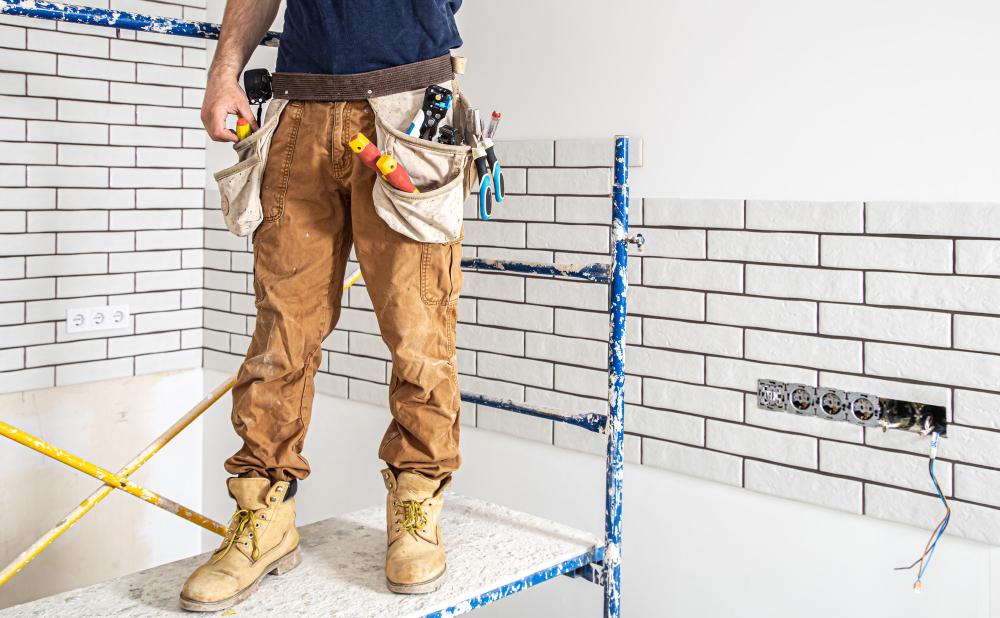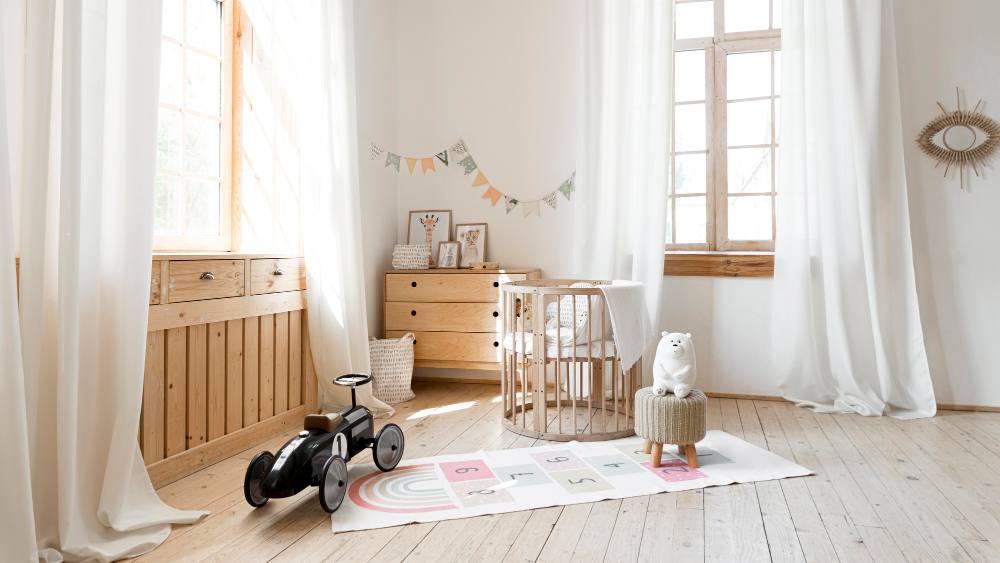The home is "holding the front," but are you increasingly patching up small problems, bills are rising, and comfort is suffering? A complete renovation is not always a whim — sometimes it is the most sensible investment in safety, comfort, and property value. In this guide, I gather 5 clear signs that it’s time to plan an apartment renovation, plus a brief action plan and useful resources.

Sign 1: Minor repairs no longer help
Cracks, falling joints, detached moldings, and "temporary solutions" over the month — if the cosmetic fixes are hiding a bigger problem (moisture, poor-quality foundation), it’s probably time for a comprehensive approach: replacing flooring, straightening walls/ceilings, new plastering, and paint..
More on the topic: when prevention saves money – Small Repairs – Big Difference: Why Prevention is Cheaper than Repair.
Indicator 2: Low energy efficiency and signs of moisture

Cold walls, condensation on the window frames, mold in the corners, and high heating/cooling bills indicate poor insulation, thermal bridges, or compromised window frames. Renovating with thermal insulation, new window frames, and proper ventilation addresses the root cause, not just the symptoms — and increases comfort year-round..
Sign 3: The distribution does not work for your life
Inconvenient kitchen, narrow bathroom, lack of storage space, hallway "eats up" square footage. If your interior makes you navigate around furniture and habits, it's time to rethink: functional layout, light partition walls, optimization of light and flows. Small adjustments often have a big impact..

Indicator 4: Deteriorated installations and compromised safety
Outdated electrical panels, overloaded circuits, "tripping" circuit breakers, arcing in outlets; leaks, limescale, oxidized faucets in plumbing. Here, renovation is a matter of safety: replacement of electrical and plumbing systems, new circuits for high-power appliances, equalizing connections, ventilation, and protections in wet areas..
Tip: even at the proposal stage, specify concrete details regarding scope, materials, and warranty – see 10 important questions to ask the contractor before starting the project.
Sign 5: Upcoming giving/sale or the family is growing
If you are planning to rent/sell, a "refreshed" apartment with a current layout, modern bathroom, and efficiency is chosen faster and commands a higher price. With a new family member, renovating the bedroom, nursery, and bathroom improves daily life and safety (materials, flooring, lighting)..

How to act wisely
1. Describe the goals and budget. What is mandatory (installations/bathroom), what is "nice to have" (lighting/niches).
2. Take 6–10 photos and a sketch with dimensions. This facilitates accurate quotes..
3. Compare 2–3 personalized offers: scope, stages, materials/brands, timeline, warranty, waste management, and dust protection.
4. Living plan during the renovation. Phases, temporary relocation, protection of common areas.
5. Checklist and acceptance. Protocol for hidden works, "before/after" photos, maintenance instructions.
Common mistakes and how to avoid them
• Jumping for the lowest price. The cheaper offer often lacks preparation/protection/guarantee.
• Unclear scope. Without specifics, "unforeseen" issues arise. Request a breakdown by activities..
• Lack of coordination. Electrical/Plumbing/installation work must proceed in order to avoid rework..
• No final protocol. Insist on acceptance with a checklist and warranty conditions..
Conclusion
If you recognized at least two of the signs, it’s probably time for a plan, not the next “cosmetic” compromise. Well-planned apartment renovations increase comfort, reduce bills, and raise property value. Start with clear goals, compare offers, and work with trusted teams — this way, the result is beautiful, functional, and long-lasting..